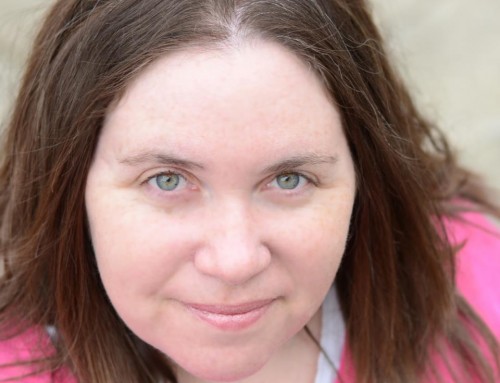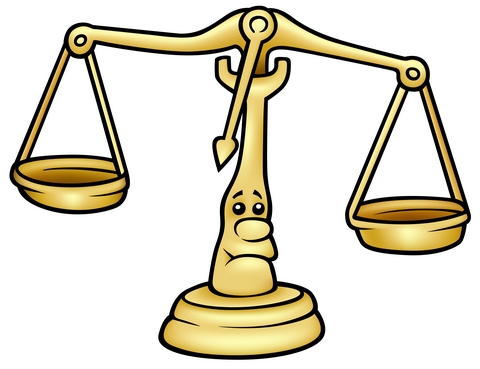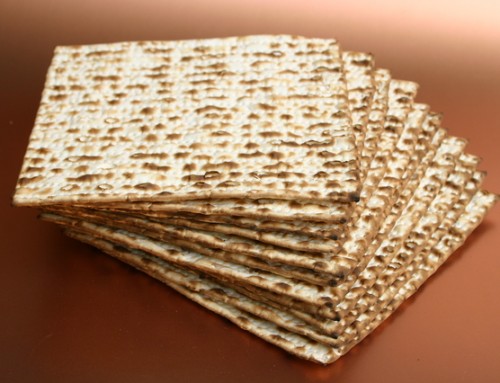It is that time of year again. Rosh Hashanah and Yom Kippur are right around the corner. Now if someone was to ask me, what is the first word that comes to mind when I think of the High Holy Days, I would say “Teshuva”, Repentance.
As a child, I was always confused. What does Teshuva, repentance really mean? What should I do and where should I start? As a young adult, I still had these questions and I would go into the Days of Awe, uncertain and stressed.
In the past few years, I decided to do some research on the topic and that meant asking lots of smart people for their advice on the subject.
That was the best thing I could have done.
Now I know that Teshuva (repentance) is all about about self-improvement and taking small steps towards meaningful and reasonable goals. It is not so scary after all!
So now when September rolls around and I see the upcoming holidays on my Jewish calendar, I no longer feel unsure. I now know that it is the time to take a good, long, gentle, look in the mirror and ask myself the following questions:
• What accomplishments am I most proud of?
• What mistakes have I made? What regrets do I have?
• What can I learn from these mistakes and regrets? (If we evaluate mistakes in this way, are they really mistakes?)
• What do I want to do differently in the coming year?
• What simple plan can I put into place to make a change?
Asking myself these questions makes the process of repentance seem more practical and manageable. These are questions that I can wrap my head around. I now actually feel more hopeful and excited about the coming New Year.
After a few years of following this practice and really seeing improvement in all aspects of my life, I knew I wanted to share this approach with my kids.
As a parent coach, I have learned that there are 4 things that we parents, need to know when we try to impart our values to our kids and teach them anything of importance:
1. Pick a quiet and calm time to talk.
2. Adopt a non-confrontational stance and tone of voice
3. Talk about yourself
4. Don’t lecture our admonish
So, to teach our kids about Teshuva (repentance) we might want to say:
“You know Rosh Hashanah and Yom Kippur are right around the corner. I try to take a little bit of time to think about last year and what I want to do better this year.”
“I used to get scared around this time of year, but now I just try to think of all the mistakes I made and how they helped me grow and how I can use them to learn to be a better person.”
We can also tell our family what we regretted this past year:
“This year I felt that I got to stressed out and yelled in the morning before you left to school.”
We can show them that we want to put a plan in place to make things better:
“I really thought things over and I would like to work on that for the coming year. I have two ideas that I think will help me:
Put out my own clothing the night before and take 15 minutes to clean up the kitchen after everyone has left to school. (Instead of trying to do it while everyone is milling about.)
We can then let them know why we think it will work:
“ I think that will help me be more calm and stop yelling in the morning.”
When we talk about ourselves in a non-confrontational manner about what we are doing to improve (repent) we make a big impression on our kids. We gave them a real life example of how to do Teshuva, (repentance).
If we avoid lecturing and admonishing, kids can hear what we have to say without feeling that they have to defend themselves or be pushed into doing something that they might not feel like doing.
They are more likely to think,
“Wow, I guess even adults have to work on themselves. Maybe I am not so bad after all…”
“I was wondering what Rosh Hashana is all about. That is pretty interesting…”
“That sounds kind of cool, maybe I will try that this Yom Kippur…”
So here is to a year, where we can all do Teshuva (repentance) and teach our kids about Teshuva (repentance) in a way that makes sense to all of us.
Shana Tova!







Leave A Comment